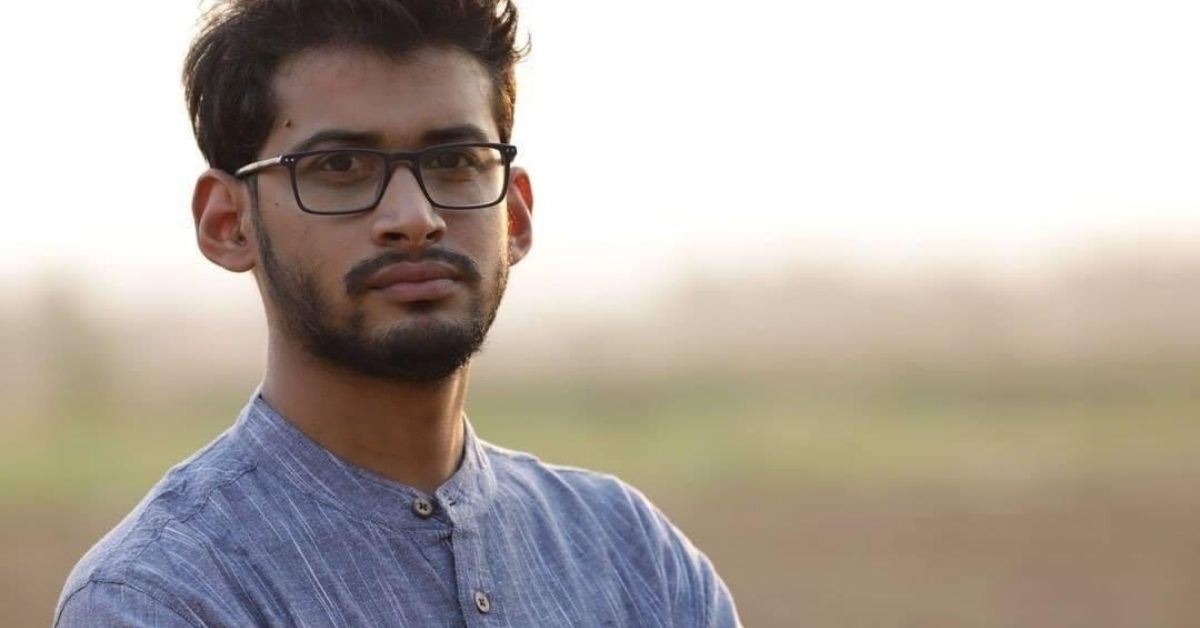Stubble burning has been a major cause of air pollution in India. It causes toxic haze in the atmosphere which is so thick that it can be seen from outer space. The smoke is hazardous and causes several health problems.
In 2018, Delhi resident Vidyut Mohan (29), founder of social enterprise Takachar, began working on a solution to prevent the stubble from being burnt. At the same time, he also wanted to create income opportunities for the farmers.
In an interview, Vidyut said, “During the burning season, air pollution in Delhi is 14 times the safe limit. I want to change that. I have always been passionate about working in the field of energy access and creating income opportunities for poor communities. I believe this is the ideal approach for climate change mitigation in developing countries.”

A portable device
Vidyut began by designing a small device that roasts agricultural waste at high temperatures. Further, the ash can be converted into charcoal, fertilisers, and activated carbon used in water filtration systems.
“The low-cost device works on a chemical process known as oxygen-lean torrefaction and does not require any external energy source. It runs on the heat produced by the stubble,” said Vidyut.
Once he developed a working prototype, he and co-founder Kevin Kung approached 4,500 farmers. The device was latched behind trucks and taken to various remote locations. They collected coconut shells, rice husk, and straw and prevented them from adding to climate change.
Since its inception, their device has processed over 3,000 tonnes of crop waste into marketable products.
In 2020, their efforts were recognised by the United Nations Environment Programme and Vidyut was named the ‘Young Champion of the Earth’. Recently, Takachar won Prince William’s inaugural Earthshot prize, also known as the Eco Oscar, and £1.2 Million. Among five other winners, they won the “Clean Our Air” prize.
No comments:
Post a Comment